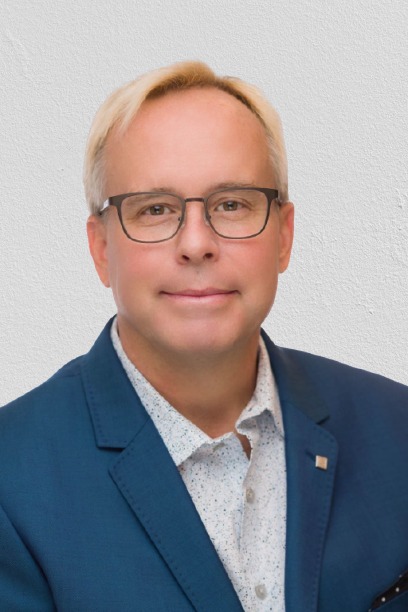
Monty Simus serves as the Global Director of Public Affairs, Policy, and Blue Finance at The Ocean Cleanup, an international nonprofit organization focused on removing plastic waste from the world’s oceans. With millions of kilograms of plastic already removed, The Ocean Cleanup operates in eight countries with over twenty active projects. The organization tackles pollution by intercepting plastic from rivers before it reaches the ocean and by cleaning up legacy plastic already floating in places like the Great Pacific Garbage Patch. Monty leads efforts to integrate blue finance—financial strategies such as blue bonds, plastic credits, and blended finance models—into the organization’s operations.
Monty Simus | Global Director of Public Affairs, Policy, and Blue Finance | The Ocean Cleanup
His goal is to scale impact, attract private and public investment, and create sustainable systems that benefit marine ecosystems, river health, and the communities that depend on them. At EliteX, we are proud to have Monty Simus as part of the edition: 05 Influential Sustainability Leaders in 2025.
Alongside this work, Monty is a member of the Treatied Spaces Research Group at the University of Birmingham in the United Kingdom. The group bridges disciplines to make Indigenous treaties, traditional knowledge, and environmental concerns more central to global dialogue, education, and policy. He has also contributed his expertise as an Impact Leader-In-Residence at Harvard University, where he focused on global water accessibility, sustainable infrastructure, and investment strategies. Today, he remains affiliated with Harvard as an Associate with the Harvard-China Project on Energy, Economy, and Environment within the John A. Paulson School of Engineering and Applied Sciences.
“I envision a world that is fairer, healthier, and more resilient—a world in which communities have equal opportunities to thrive.”
Monty’s career began at the intersection of social finance, philanthropy, and impact investing. He spent decades developing and scaling mission-driven organizations that have benefited communities across the Global South. A graduate of Yale University, where he studied history, and Harvard University, where he earned a master’s degree in public policy, Monty has long approached sustainability through the lens of interconnected systems—balancing ecological, social, and economic well-being. His passion for sustainability is deeply personal. Raised in the foothills of the Canadian Rockies, Monty gained an early appreciation for the interconnectedness of ecosystems and human society. That early understanding evolved further as he traveled extensively across emerging markets, including work in Afghanistan, Africa, and Asia. There, he witnessed the consequences of unsustainable development on marginalized communities. These experiences shaped his belief that sustainability is not solely about protecting the environment; it is also about equity, community resilience, and economic systems that work for everyone. The idea of creating a regenerative world—where people and ecosystems thrive together—became a guiding principle in his career.
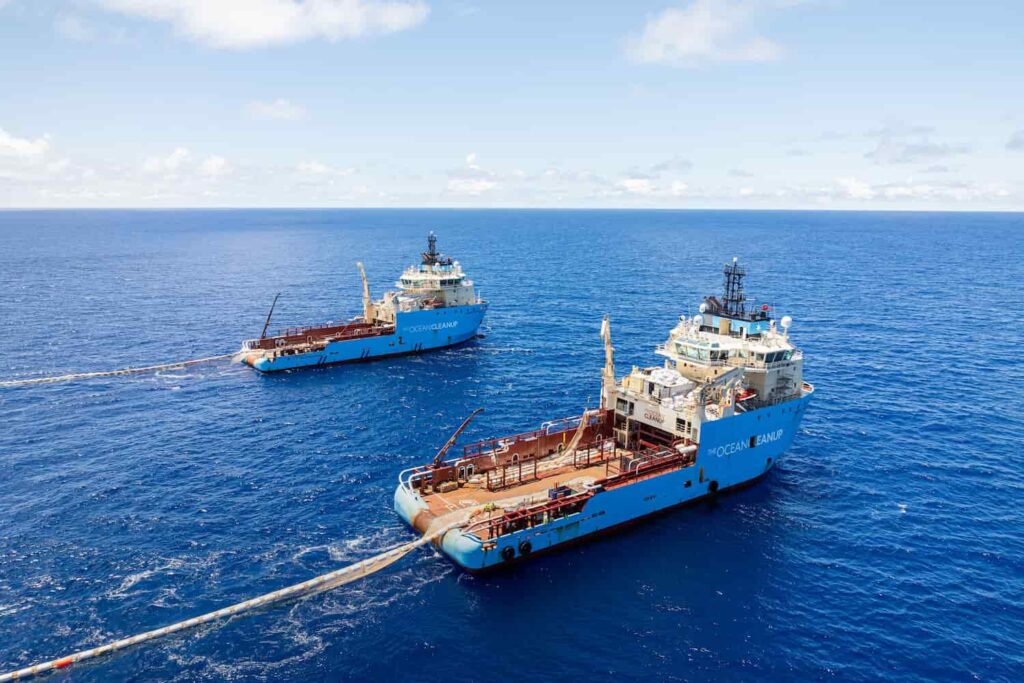
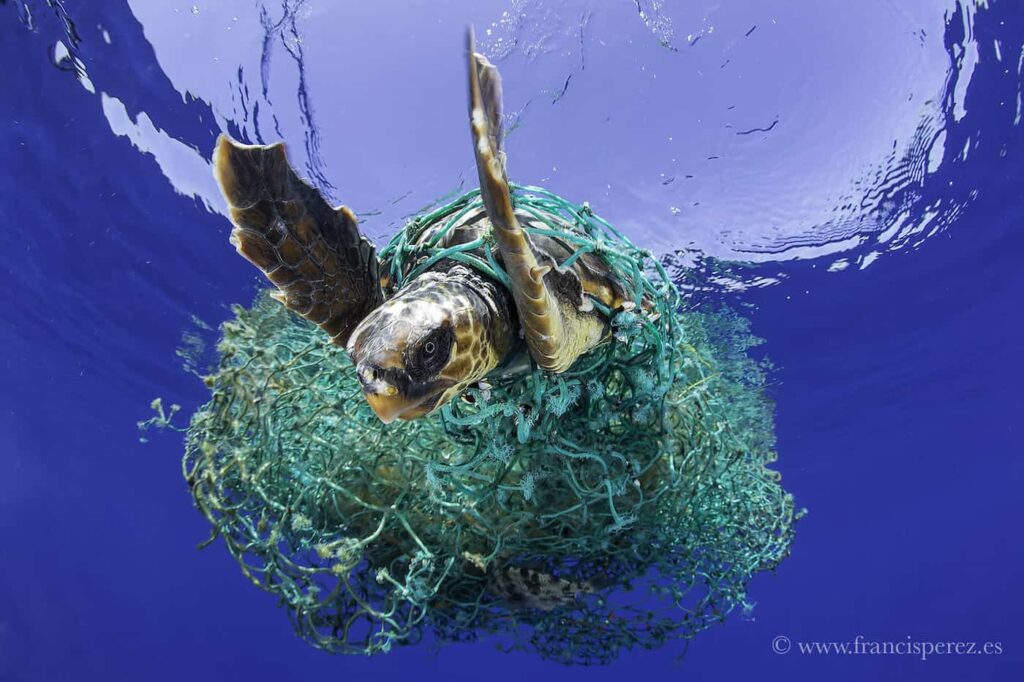
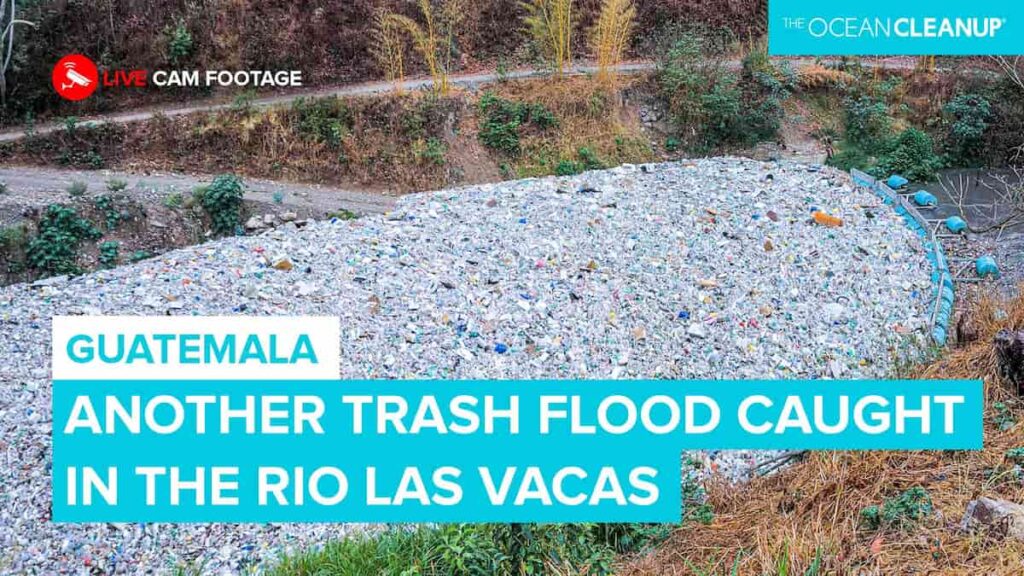
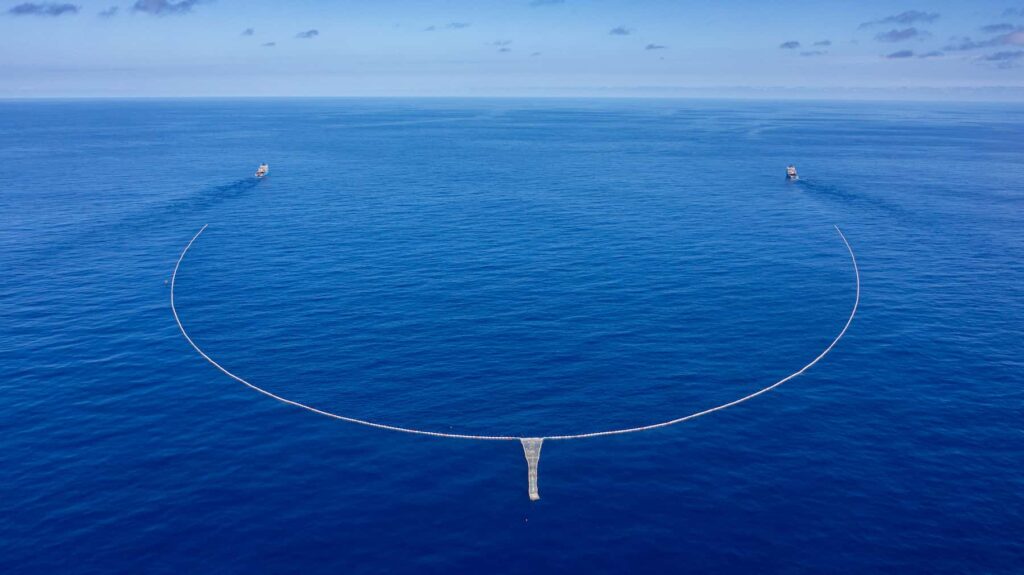
For Monty, sustainability is both a personal ethic and a professional mission. On a personal level, he describes it as honoring the interconnectedness of all living systems and striving to live in ways that support long-term planetary and community health. He believes in the ripple effect—small actions that spark broader cultural change. Whether it’s changing daily habits, teaching university courses, writing blogs like Water Politics or Networked Nature, or engaging in advocacy work, he aims to extend the influence of his actions beyond his immediate reach. Professionally, he defines sustainability as building systems that prioritize long-term social, environmental, and economic resilience. It’s about applying a systems-based approach to solving problems and working collaboratively to build solutions that are scalable, inclusive, and future-oriented.
Among his many professional contributions, Monty is especially proud of his work at The Ocean Cleanup, where he’s helping unlock new funding models to expand the organization’s reach. However, a project close to his heart is his ongoing PhD research. Conducted through the University of Birmingham’s Treatied Spaces Research Group, his research focuses on the tensions between global decarbonization and environmental conservation—specifically as they relate to the extraction of critical minerals. His work centers on Indigenous communities and the significant role they play in the global clean energy transition. Monty emphasizes that many of the world’s essential mineral reserves for green energy—like nickel, copper, and lithium—are located on or near Indigenous lands. In the U.S., for example, more than 90% of such reserves lie within proximity to Native American territories. He believes this presents a vital opportunity for Indigenous communities to not just be stakeholders, but central leaders in guiding how these resources are developed—on their terms and in ways that uphold environmental stewardship and cultural values.
Monty’s research zeroes in on Pebble Mine in Alaska’s Bristol Bay, one of the world’s largest untapped copper and gold deposits, situated alongside the largest salmon fishery. His interdisciplinary work explores the clash between the urgent demand for transition minerals and the rights of Indigenous communities, with lessons that apply far beyond Alaska. Through this work, he aims to highlight how the clean energy revolution must be inclusive, respecting both ecological limits and Indigenous sovereignty.
One of the consistent challenges Monty has faced throughout his career is helping people understand that sustainability is not a siloed issue. Too often viewed as purely environmental, sustainability is actually a deeply interconnected problem involving economics, health, ethics, gender, and history. This multidimensionality makes sustainability work both demanding and uniquely impactful. Monty emphasizes that true progress requires breaking down silos and adopting interdisciplinary strategies that reflect the full complexity of these global challenges. Despite the often slow pace of change and the enormity of problems like climate change or biodiversity loss, Monty remains motivated by a long-term vision. He draws strength from the idea that small, consistent actions can lead to systemic transformation. Celebrating incremental wins, staying focused on the larger mission, and learning from others all help him maintain optimism. He believes that even if progress is not always visible, the cumulative impact of individual and collective actions creates lasting change.
“Blue finance is a bridge between economic growth and environmental stewardship.”
Monty sees a vital role for both businesses and governments in advancing sustainability. Rather than viewing them as opposing forces, he sees them as partners that must collaborate. Governments can establish regulatory frameworks and offer incentives, while businesses contribute technology, capital, and innovation. This synergy is especially important in the context of blended finance—an approach that combines public or philanthropic funding with private investment to mitigate risk and mobilize resources for large-scale sustainable development projects. Monty stresses that local communities and nonprofits must also be part of this ecosystem, as they often play the most direct roles in implementing and sustaining solutions on the ground.
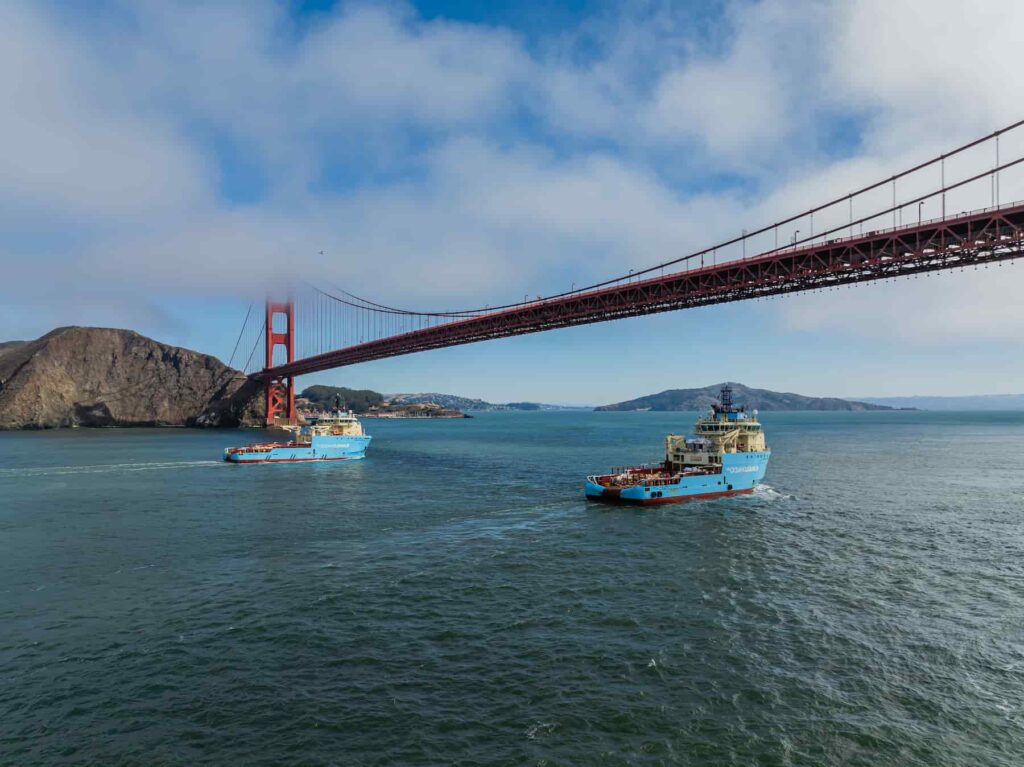
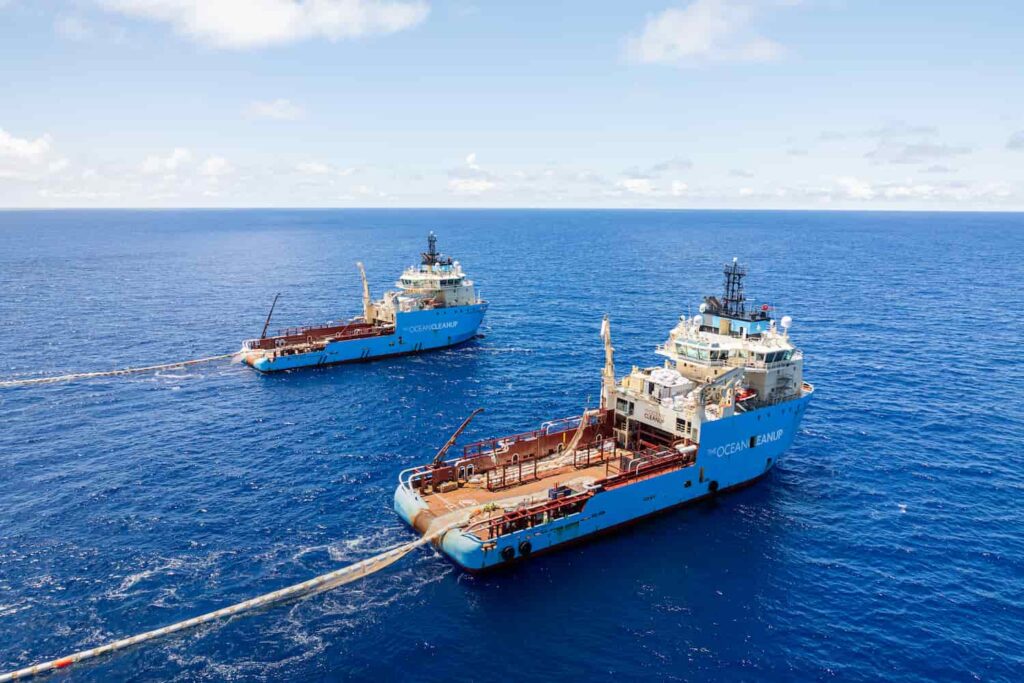
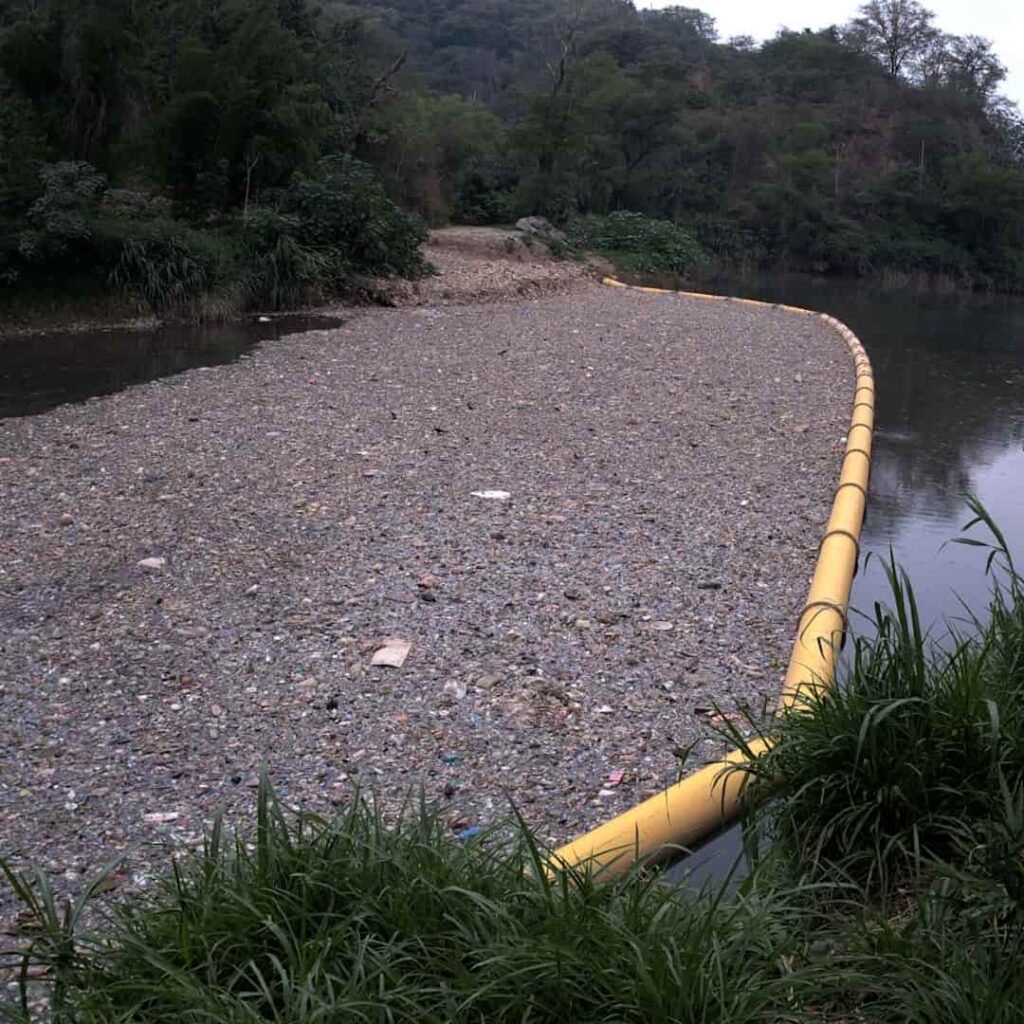
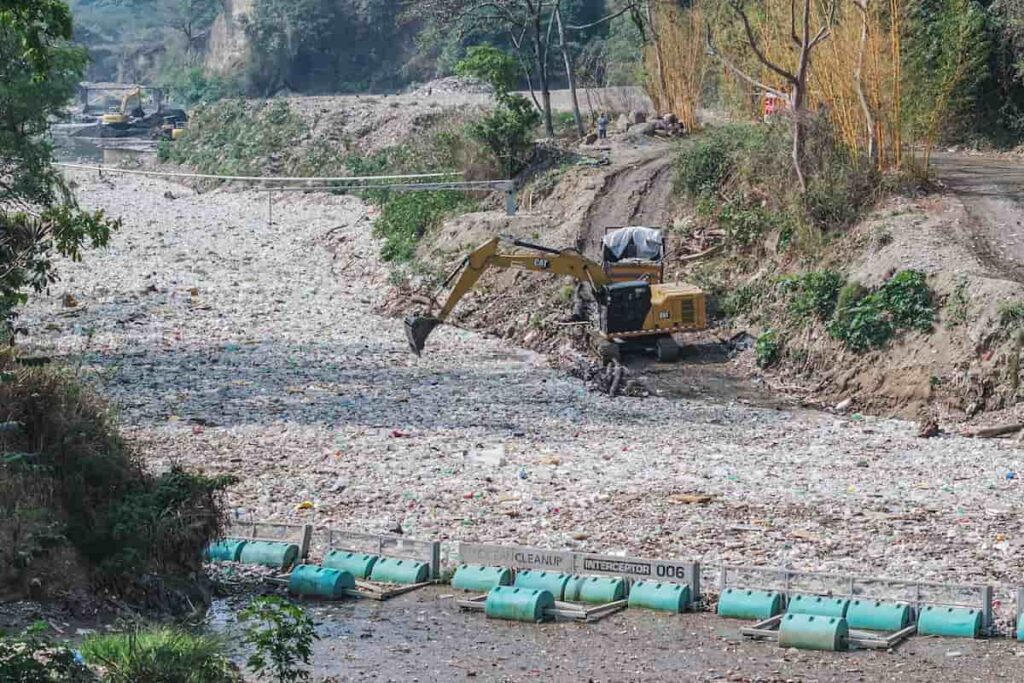
Technology, according to Monty, can either be a powerful tool or a potential barrier to sustainability, depending on how it is used. On one hand, innovations in renewable energy, circular economy practices, and digital tracking systems have transformed what is possible. At The Ocean Cleanup, the team uses AI, machine learning, and drone technology to identify, track, and remove plastic waste more efficiently. These tools enhance their ability to scale solutions and improve outcomes. On the other hand, he cautions that many technologies—including AI and cloud computing—are energy- and resource-intensive. Without conscious design choices, such technologies could contribute to emissions and resource depletion. As his research into mineral extraction suggests, the push for greener tech often collides with conservation goals, especially when critical minerals must be mined from sensitive or culturally significant areas. Monty believes that to truly serve sustainability, innovation must be intentional, inclusive, and respectful of both social and environmental contexts.
In Monty’s view, climate change is the defining environmental challenge of our time. Its impacts are far-reaching, affecting everything from biodiversity and agriculture to migration and geopolitical stability. Climate change intersects with other crises—such as pollution, water scarcity, and food insecurity—and magnifies existing inequalities. It’s not just an environmental issue but a systemic one, demanding action across all sectors of society. As someone who has worked across government, academia, nonprofit, and private sectors, Monty sees leadership in sustainability as much more than overseeing green initiatives. A true leader in this space must inspire cultural and structural change. They must balance vision with action, prioritize justice and inclusivity, and build bridges across disciplines. True sustainability leaders encourage collaboration and build platforms where communities, businesses, and institutions can co-create solutions for a thriving future.
Monty believes that the key to achieving real change lies in collective effort. Early in his career, he recognized the importance of teamwork in amplifying impact. Collaboration within teams fosters diversity of thought, shared accountability, and adaptability. When people work together toward a common goal, they can take on more complex challenges, scale solutions, and support one another through setbacks. He sees this collective impact as essential to achieving meaningful, long-term sustainability outcomes.
“Staying open-minded, curious, and eager to learn can help young professionals stay adaptable, innovative, and motivated in their work”
Monty Simus believes that sustainability must be rooted in inclusion, collaboration, and long-term impact. Throughout his work—especially at The Ocean Cleanup—he has made it a priority to include local communities and underrepresented groups in every step of the process. He sees this not only as a matter of fairness but also as a crucial strategy for long-term success. He emphasizes that solutions are stronger and more lasting when they are co-created with those who are most affected by environmental challenges. While The Ocean Cleanup brings technical expertise in removing plastic debris from rivers and oceans, the real success comes from the partnerships it forms with local recycling systems, waste management groups, and governments. These collaborations are key to building a full circular economy and ensuring progress continues even after the cleanup ends.
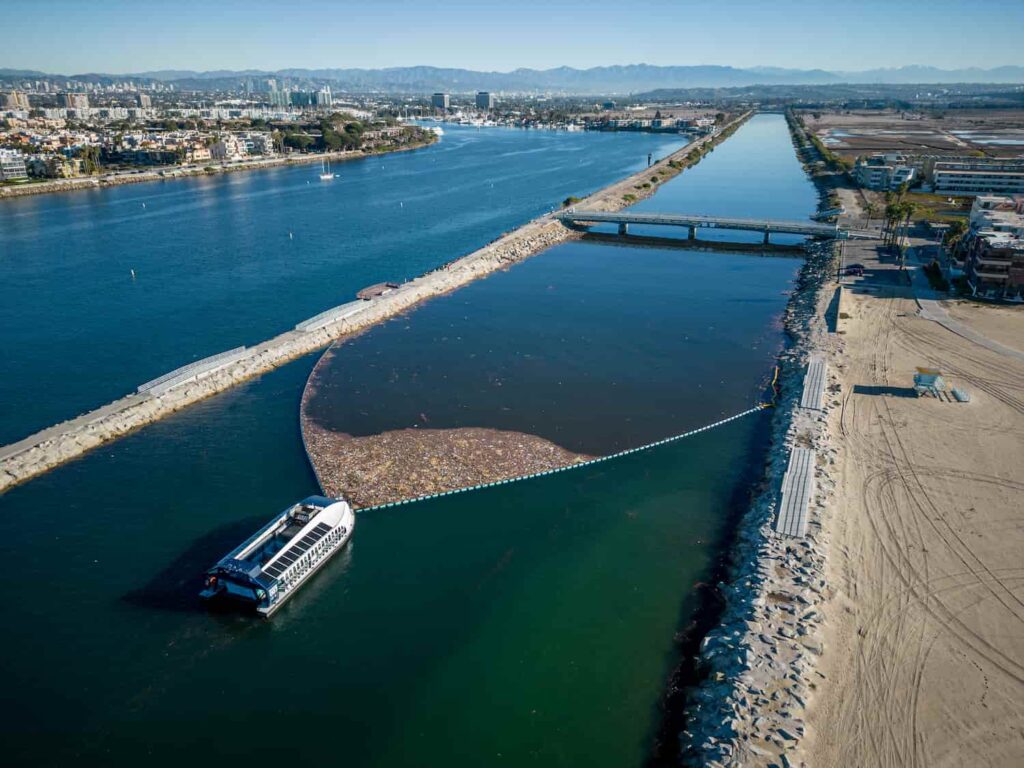
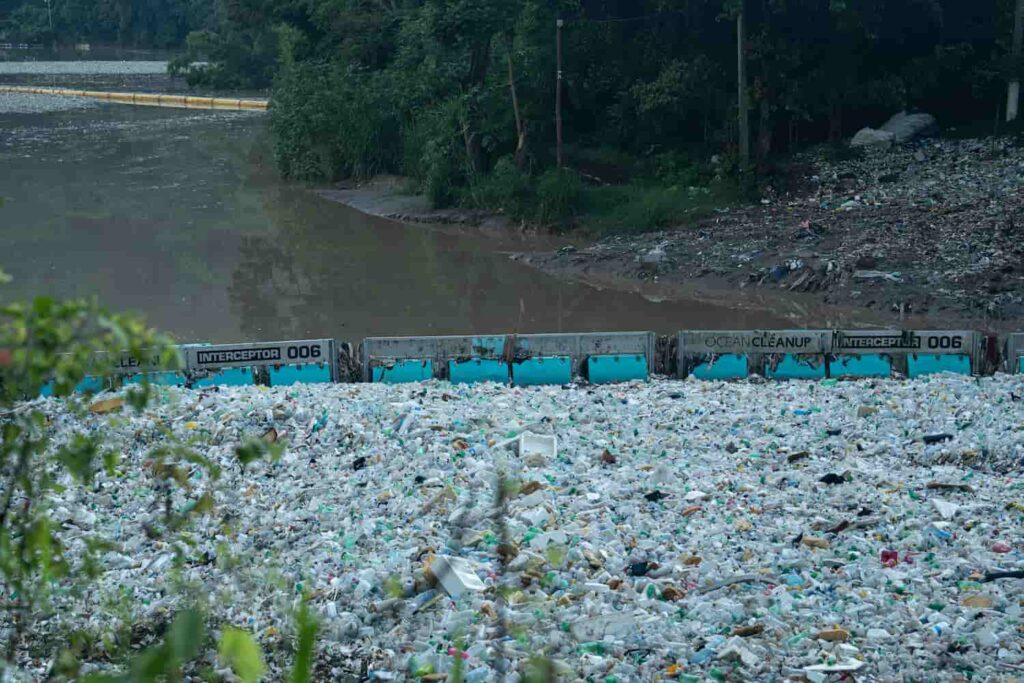
One example of this approach in action is their community center in Kingston, Jamaica. There, The Ocean Cleanup has not only deployed plastic interception technologies but also created a hub for education, job creation, and youth engagement. For Monty, these community-based efforts show how sustainability can be a tool for empowerment. Whether it’s through information campaigns, skills training, or simply raising awareness about the importance of responsible waste disposal, he sees education as a vital part of the journey toward a cleaner, more equitable world. Monty often says that true sustainability must work for everyone, especially those who have historically been excluded from environmental decision-making. That’s why he works to ensure that every project includes local voices and respects cultural values.
For young people looking to enter the field of sustainability, Monty offers practical and encouraging advice. He believes this is a field that needs fresh perspectives, bold ideas, and motivated changemakers. His main advice is to start by following your passion. Whether your interests lie in conservation, climate justice, finance, or policy, it’s important to stay connected to the issues that move you personally. He also recommends embracing interdisciplinary learning. Sustainability problems don’t fit neatly into one subject, so learning from science, economics, social studies, and even the arts can help develop the broad thinking required for real solutions. He tells young people to gain hands-on experience whenever possible. Internships, fieldwork, or volunteer opportunities can teach valuable lessons that can’t be learned in a classroom. At the same time, Monty highlights the importance of building non-technical skills—like communication, leadership, negotiation, and project management—that are essential for turning good ideas into action. Perhaps most importantly, he encourages curiosity. The sustainability field is always evolving, with new technologies and approaches emerging regularly. Staying open-minded, curious, and eager to learn can help young professionals stay adaptable, innovative, and motivated in their work.
Monty draws inspiration from a wide range of individuals and communities who have made powerful contributions to sustainability. He holds deep respect for Indigenous leaders and communities who have cared for the Earth for generations. Their traditional knowledge and relationship with the land offer valuable lessons for modern sustainability practices. He is especially inspired by figures like Winona LaDuke, who champions both environmental and Indigenous rights, and Eriel Tchekwie Deranger, a leader in the fight for climate justice. Chief Perry Bellegarde, the former National Chief of the Assembly of First Nations in Canada, is another figure Monty admires for his leadership in promoting environmental protection through Indigenous governance.
Monty is also inspired by those working alongside him at The Ocean Cleanup, particularly the organization’s founder, Boyan Slat. He views Boyan as a great example of how determination and innovation can overcome enormous challenges. Despite setbacks and technical hurdles, Boyan stayed focused on his mission to rid the world’s oceans of plastic pollution. For Monty, this kind of perseverance—combined with creativity and vision—is what makes real change possible. He sees The Ocean Cleanup as proof that technological innovation, when paired with purpose-driven leadership, can tackle even the most pressing environmental challenges.
In his own work, Monty carefully balances ambition with realism. He believes that bold goals are necessary to drive transformational change, but those goals must be broken down into practical, achievable steps. He helps guide his team by setting clear milestones, staying adaptable, and continuously checking progress. This structured yet flexible approach helps prevent burnout and frustration, especially when working on complex, long-term problems like ocean plastic pollution. For Monty, it’s about staying inspired by the big picture while remaining grounded in day-to-day action. He understands that lasting change doesn’t happen overnight—it’s built step by step, through teamwork, persistence, and thoughtful planning.
“True sustainability must work for everyone, especially those who have historically been excluded from environmental decision-making.”
Looking ahead, Monty remains hopeful about what the world can achieve in the next decade. He envisions a future where environmental issues are treated not as side concerns, but as central to our shared prosperity and survival. By 2035, he hopes to see major progress in climate action, pollution reduction, biodiversity conservation, and sustainable resource use. But more than that, he dreams of a world that is fairer, healthier, and more resilient—a world in which communities have equal opportunities to thrive, and where development happens within the limits of what the planet can sustain. He believes this future is possible if people and institutions come together with courage, compassion, and urgency.
A key part of realizing that vision, in Monty’s view, lies in scaling innovative funding models like blue finance. At The Ocean Cleanup, Monty leads the organization’s efforts to attract investment through tools like blue bonds, plastic credits, and blended finance partnerships. These financial mechanisms are designed to protect marine ecosystems while also attracting the capital needed to expand cleanups and build long-term solutions. As more governments and investors focus on environmental sustainability, Monty believes blue finance will become a powerful tool to accelerate ocean protection, improve marine resource management, and create sustainable livelihoods for coastal communities. He sees blue finance as more than just a funding tool—it’s a bridge between economic growth and environmental stewardship. Market-based approaches, when designed well, can unlock new opportunities for impact while delivering tangible benefits for ecosystems and people alike. For example, partnerships with private companies can help scale recycling systems, while plastic credits can reward companies that reduce their environmental footprint. These solutions, he believes, can make sustainability financially viable while keeping environmental outcomes at the center.
Ultimately, Monty’s work is driven by a belief in systems change. He doesn’t just want to clean rivers or raise awareness—he wants to help build a world where communities, businesses, governments, and ecosystems thrive together. That means rethinking how we invest, how we govern, and how we define progress. It means listening to those who have been ignored, protecting what has been neglected, and building bridges between science, culture, and finance. Whether through global policy, grassroots engagement, or financial innovation, Monty Simus remains focused on creating a sustainable future—one that is inclusive, resilient, and built for generations to come.